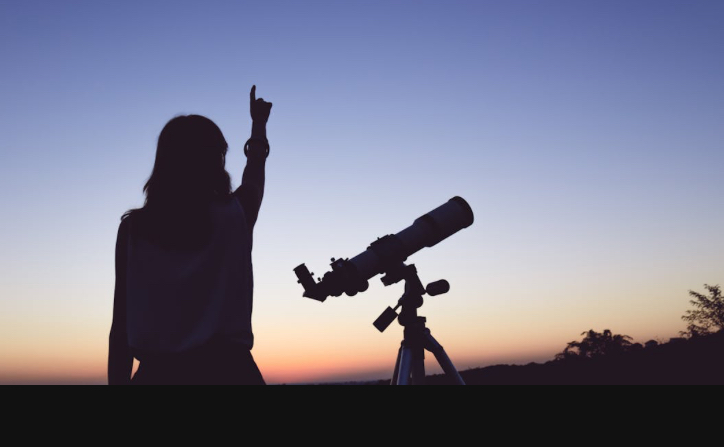“Trust the science” is not science. It is catechism. It is an incantation of obedience to the Machine.
What Science Once Was
There was a time when science was not an institution but a craft of wonder. A farmer, crouched in his field, lifted his eyes to the clouds and read the coming rain. A sailor, feeling the keel beneath him, dropped a weighted rope to measure the depth of the sea. A midwife, with practiced hands and attentive heart, listened to the rhythms of a woman’s body and learned the mysteries of life.
This was science: the long patience of attention. It was a way of keeping company with creation, reverently watching how it moved and breathed. It did not speak in slogans. It did not demand allegiance. It carried humility in its bones, because it knew its limits, and beyond those limits it leaned into mystery. In those days, science was not revered as a master, but the servant of awe.
How the Machine Uses It
The Machine cannot abide mystery. It cannot leave any corner of the world unmeasured, unwatched, or uncontrolled. Its eye must pierce everything, its hands must weigh and surveil, its voice must command. And so the Machine conscripted science into its service.
What once was a companion to wonder became an instrument of power. What once was discovery became dogma. “Trust the science” ceased to mean “seek truth with humility” and instead came to mean “submit to us without question.” It is not an invitation to critical thinking, but an instruction to obey. When the Machine says “science,” it is not speaking of truth-seeking but of policy-making. It does not mean: search, discover, test. It means: trust us.
The Forgotten Knowing
And yet, underneath the clamor of the catechism, a deeper knowing remains. It lingers in the hands of those who still heal with herbs. It breathes in the eyes of those who can read the sky for weather. It sings in the voices of elders who remember how the land speaks, how rivers rise, how animals warn, and how seasons turn.
This knowledge is older, sturdier, and closer to the ground. It cannot be flattened into data points or weaponized into policy. The Machine would have us forget it, because it cannot be taxed, surveilled, or patented. But to forget this older knowing is not just to lose information; it is to forget ourselves.
The Joyless Voice
The Machine always gives itself away by its voice. Listen closely: it is humorless, lifeless, joyless. It speaks with the heaviness of decree, the tone of a bureaucrat stamping papers. Its voice never laughs, because laughter threatens the spell.
Truth, on the other hand, is never afraid of paradox, never brittle when questioned, never cowed by a joke. Truth delights in laughter because it knows laughter belongs to freedom. When a people can laugh at the catechism of the Machine, the cords of its spell begin to fray.
A Truer Trust
This does not mean we must discard science. Science, rightly ordered, has its place. But it must be returned to its true station: servant, not master. Science is a tool of discovery, not a club of obedience. It is a way of listening, not a means of commanding.
We can trust discovery, but not slogans. We can trust the world, shimmering with intelligibility, but not propaganda. And above all, we can trust the Creator: the One who spoke galaxies into being, who set the seas their bounds, whose Word holds all things together.
The Machine has its catechism: trust the science. But we know a truer one: trust the Truth that makes all things new.
